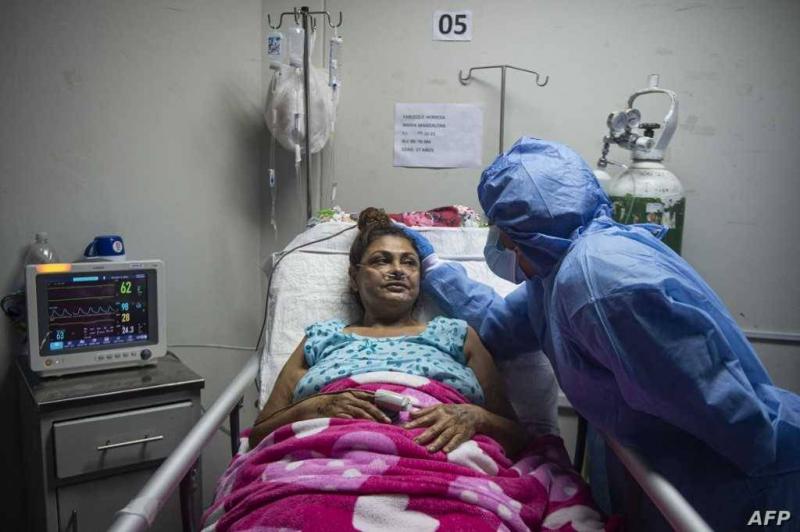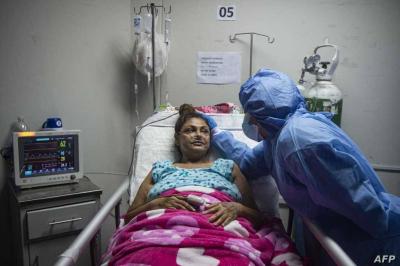British scientists have identified a genetic variant that may be linked to an increased risk of respiratory failure due to COVID-19, a discovery that could provide new insights into why some individuals experience more severe symptoms than others and possibly pave the way for targeted therapeutic approaches. The high-risk genetic variant is located in a region of a chromosome that is also associated with a twofold increased risk of death among certain COVID-19 patients under the age of 60.
#### New Explanation for Increased COVID-19 Mortality
Researchers at the University of Oxford stated on Friday that approximately 60% of individuals of South Asian descent carry this high-risk variant of the gene. They added that this discovery may partially explain the increased mortality observed in some British communities and the devastation caused by the virus in the Indian subcontinent.
The scientists found that the increased risk stems from a gene that regulates the activity of other genes, including one known as LZTF1, which is linked to lung cell responses to viruses. Consequently, the variant can impair the appropriate response to the virus in the cells lining the airways and lungs.
However, researchers noted that the LZTF1 gene does not affect the immune system's ability to produce antibodies to fight the virus, and they suggest that those carrying the variant are expected to respond normally to vaccines.
#### Importance of the New Study
Professor James Davies, co-lead of the study, stated that this "demonstrates that the way the lung responds to infection is critically important. This is significant because most treatments focus on altering the way the immune system interacts with the virus."
Dr. Raghib Ali from the University of Cambridge and an advisor to the UK government’s Cabinet Office on COVID-19 and ethnicity, mentioned in a statement that even after accounting for increased risk rates due to various factors, such as jobs requiring direct public interaction and living in crowded areas, "there was another risk factor in South Asia that had not been identified."
#### Need for Further Research
He added that the new study suggests "the reason for this may be the likelihood of carrying this gene that increases the risk of death once infected." The findings were published in the journal "Nature Genetics."
Dr. Simon Bede, an intensive care specialist at the University of Edinburgh, stated in a release that while the study provides "strong evidence of roles played by this gene" in the lungs of patients exhibiting severe symptoms, further research is needed to confirm these conclusions.




